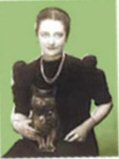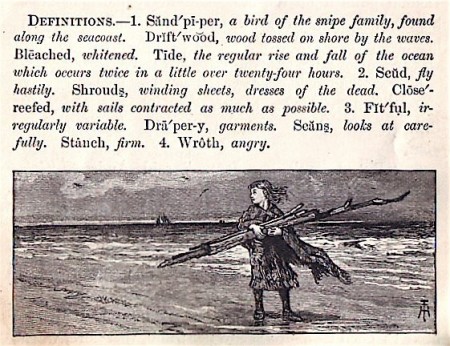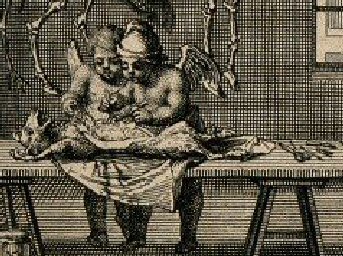It has been quite a while since I have drawn attention to George Orwell’s daily egg count, as I am sure all my readers are keeping abreast of it of their own volition. Today’s entry, however – or rather, the entry for this day seventy years ago – is rather intriguing, and raises, in my mind at least, certain questions.
Raining most of the day, & cold. 14 eggs. [From 25 April to 9 May Diary is written in Eileen’s hand.]
Now, we are used to one egg or two eggs, and very rarely three eggs, but fourteen? Can it be mere accident that this anomalous number of eggs is counted on the very day that Eileen has commandeered the writing of the diary? Has George been lying? Is it conceivable that all along the daily egg count has been higher than he has reported, and that he has been hiding the undeclared eggs from Eileen? One pictures Orwell sneaking off to the eggery while Eileen is out on an errand, making himself a secret omelette, perhaps, or hardboiling a clutch to carry in his pockets and give as gifts to any orphans and distressed widows he meets on his roamings. Or, conversely, is Eileen pretending to a larger egg count than is true, for her own purposes, which we can only guess at?
We shall have to see how many eggs are reported between now and the ninth of May, when Eileen gives George his pen back.Â




